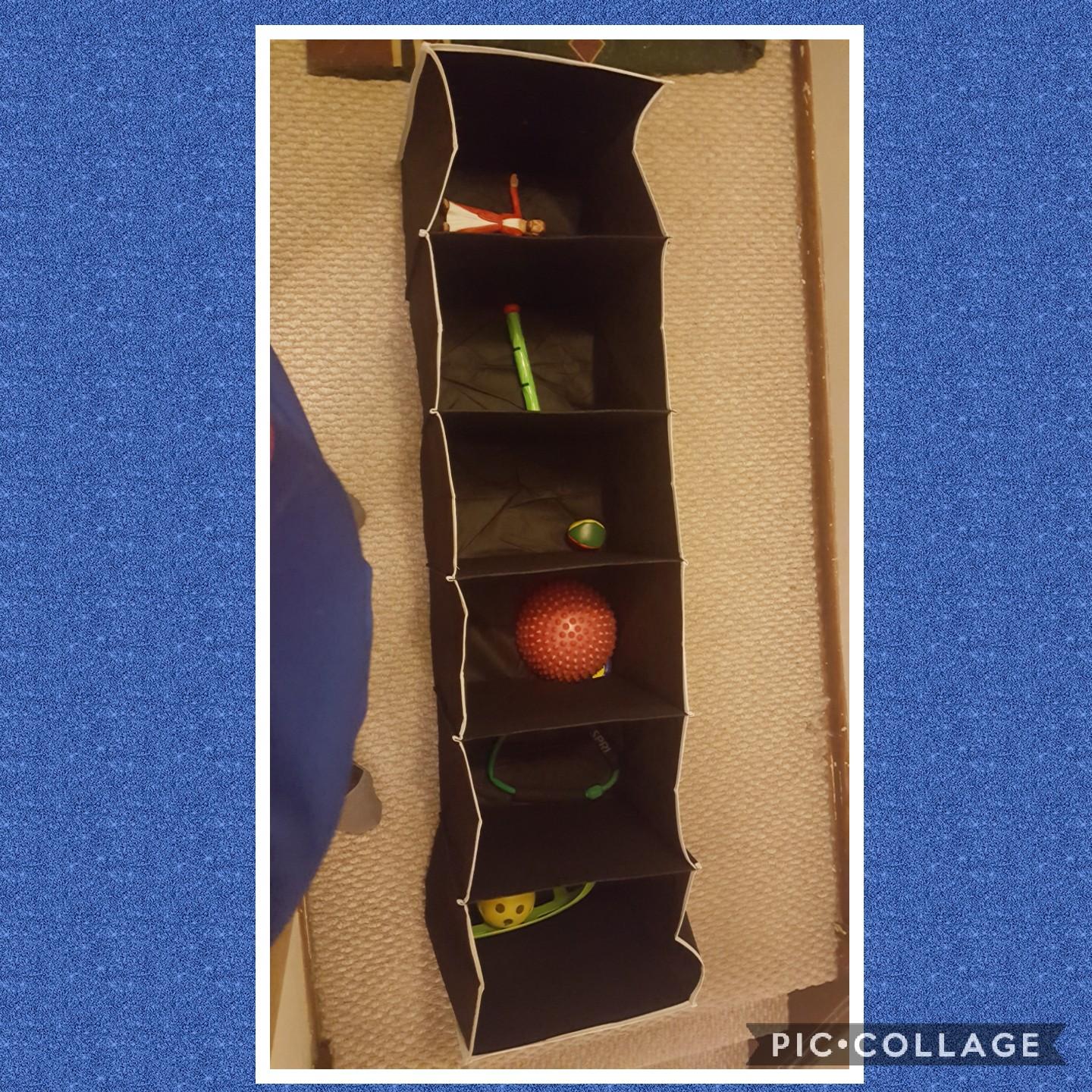
Being a strength & conditioning coach can be one of the most rewarding careers that exists. Here are three important areas to consider when trying to become one.
Part 1 – The Importance of Experience
From all the research I’ve done, people I’ve talked to, and my personal experience, I feel like one of the most important things you can do is to get as much experience as you can. It has to be understood that to be able to eventually get a job as a strength & conditioning coach, you will have to put in your time. It does not matter what degree you have, or what you know, If you don’t have any practical experience. Most, if not all of the time you put in to start out will be on a volunteer basis. Coaching experience of any kind is a plus, but obviously experience in a strength & conditioning environment is the most valuable. If you’re interested in getting into the field, then an internship is a great start. It will help you to realize if this is really what you want as a career, and it will get you going with experience. If it’s something you would like to try, don’t wait! The earlier you can get started and the more experience you can gain, the better. Most universities/colleges are willing to accept volunteer interns, as long as you are committed to working hard and learning. Contact the coaches at schools you’d be interested in helping out at and see if they’d be willing to take you on as an intern.
Once you find an opportunity for yourself, make sure you take FULL advantage of it. As time goes on, most strength coaches are willing to give you more responsibility that will challenge you and help you develop, as long as you prove to them that you are worthy of it. You don’t have to do everything perfectly or know everything, but it’s obvious when an intern is trying to do the very best they can and is trying to learn all they can. Come ready to get your feet wet, get involved as much as you can, ask questions, be willing to help with whatever needs to get done, and establish relationships with the coaches you work with. Don’t just be there when you have to be either. Coming in on your own to work out and such is a great opportunity to develop relationships with the other coaches, ask questions and try things out on your own. [inset side=right]To put it bluntly, if you aren’t willing to work hard as a volunteer, you are wasting your time.[/inset]On the other hand, if you don’t do what’s necessary to make a good impression, you’re going to be doing a whole lot of just watching, and you can only learn so much from that. To put it bluntly, if you aren’t willing to work hard as a volunteer, you are wasting your time. A positive recommendation from the coaches you volunteer with is extremely valuable. Again, make sure you are doing everything in your power to make a positive impression on the coaches you work under and to make them confident enough in you to give you responsibility. They will remember the hard work you put in and will do their very best to help you out down the line.
My experience as a student assistant/intern could not have been any better. I realized very early that being a strength & conditioning coach is what I wanted to do as a career. I contacted the coaches at the University of Utah where I was finishing up my first year of school, majoring in exercise and sports science. Coach Evan Simon took the time to answer all the questions I had, and said I was welcome to help with the football team starting that summer with their offseason workouts. I spent the next 27 months as a volunteer student assistant working mostly with football, and some with women’s soccer and men’s basketball. I didn’t get paid a cent, but the experience I gained was invaluable, and there’s no way I’d be where I am now without it. I was extremely lucky to work with a group of coaches (Doug Elisaia, Evan Simon, Scott Willis, Greg Argust, Joe Diancin, Kenny Ruffino) who were willing to teach me, give me responsibility and challenge me. It was because of the coaches there, what I learned from them and their recommendations that I was able to get the jobs at Westminster and at Dixie State where I am now.
Part 2 – The Importance of Relationships and Networking with other Coaches
Another extremely important aspect to become a strength & conditioning coach is who you know. Knowing somebody or having somebody who is willing to go out of their way to recommend you for a position, can be the difference between getting a job or not, or even getting an interview or not. Going off of what I wrote last week about experience, obviously some of the most important relationships to establish are with the coaches you volunteer under to start your career, and that continues to be  important with all the coaches you will work under and with for your entire career. Also, try to get to know and establish a good relationship with the sport coaches of the teams you work with. If you do your very best and make a positive impression on the strength coaches you work with, and also the sport coaches of the teams that you work with, it will be a huge advantage for you as you go out on your own looking for a job. I can attest to how important and valuable this can be. Each of the positions I’ve been offered has been accompanied by one of the coaches I worked with at Utah going out of their way to help me get that position. Not only is it good to have coaches that will recommend you for other jobs, but down the line coaches often hire those who they have worked with previously, who made a good impression and who they trust.
important with all the coaches you will work under and with for your entire career. Also, try to get to know and establish a good relationship with the sport coaches of the teams you work with. If you do your very best and make a positive impression on the strength coaches you work with, and also the sport coaches of the teams that you work with, it will be a huge advantage for you as you go out on your own looking for a job. I can attest to how important and valuable this can be. Each of the positions I’ve been offered has been accompanied by one of the coaches I worked with at Utah going out of their way to help me get that position. Not only is it good to have coaches that will recommend you for other jobs, but down the line coaches often hire those who they have worked with previously, who made a good impression and who they trust.
Another important thing to do is to get to know as many coaches from different programs as you possibly can. This is not just important when it comes to trying to find a job, but also to have more perspectives to learn from. Most strength coaches are more than willing to share ideas, knowledge and advice. Once you get into a position where you run your own team, you will often have questions and need advice on certain things. The more mentors you have to get advice and ideas from the better. Something that I did while I was still in school was I contacted strength coaches at other schools to see if they would be willing to meet with me and let me watch for a day or two to see how they run their programs and ask them some questions. In most instances the coaches were more than willing, I had great visits with them, and they have become good friends and mentors to me as I’ve progressed with my career. Another great way to get to know and learn from other coaches is to become a member of sites like Strength Performance Network, LinkedIn and Elite FTS. Go out of your way to try to get to know as many coaches as you possibly can. Finding a job in this industry will never be easy, but ask yourself if you are doing everything you possibly can to get yourself out there and network yourself so that you are giving yourself the very best chance possible to find a good job somewhere.
Part 3 – Gaining All the Knowledge You Can and Putting it to Use
 You can get tons of experience and network all you want. But the bottom line is, when you are given a team and asked to develop them into better athletes and make them more prepared for their sport, results are expected. These results are what will make you a successful strength & conditioning coach. This comes from a combination of experience and also from the knowledge that you have. No matter what level you are at in your strength & conditioning career, there is always more to learn. This can come through your formal education, through certifications that you gain (such as the CSCS, USA Weightlifting, CSCCA and others), articles, online forums, videos, other coaches, etc. There are many effective ideas and ways to develop better athletes and there is no one correct way to do it. You don’t have to incorporate everything you learn or every idea you hear with your athletes, as you will take things that you like from different resources as you develop as a coach. The important thing is that you continually gain knowledge and understanding as you develop your own coaching philosophy. Your coaching philosophy should be something that is continually evolving as you consistently learn throughout your career. Be willing to try and experiment with new things that you learn in your own personal workouts, and with your athletes too if you feel like something has the potential to improve your program. Also, be willing change things up if you feel it will bring improved results for your athletes. You owe it to your athletes and the coaches who have entrusted you with them, and you owe it to your mentors to continually learn so as to develop into the best strength & conditioning coach you can be.
You can get tons of experience and network all you want. But the bottom line is, when you are given a team and asked to develop them into better athletes and make them more prepared for their sport, results are expected. These results are what will make you a successful strength & conditioning coach. This comes from a combination of experience and also from the knowledge that you have. No matter what level you are at in your strength & conditioning career, there is always more to learn. This can come through your formal education, through certifications that you gain (such as the CSCS, USA Weightlifting, CSCCA and others), articles, online forums, videos, other coaches, etc. There are many effective ideas and ways to develop better athletes and there is no one correct way to do it. You don’t have to incorporate everything you learn or every idea you hear with your athletes, as you will take things that you like from different resources as you develop as a coach. The important thing is that you continually gain knowledge and understanding as you develop your own coaching philosophy. Your coaching philosophy should be something that is continually evolving as you consistently learn throughout your career. Be willing to try and experiment with new things that you learn in your own personal workouts, and with your athletes too if you feel like something has the potential to improve your program. Also, be willing change things up if you feel it will bring improved results for your athletes. You owe it to your athletes and the coaches who have entrusted you with them, and you owe it to your mentors to continually learn so as to develop into the best strength & conditioning coach you can be.
Was this Article Helpful?
If this article was helpful to you, please consider linking this article to your own blog or sharing this through the social buttons below. You will also find other great articles at “Business“.
- 1share
- 1Facebook
- 0Twitter
- 0Pinterest
- 0LinkedIn
Eldon Brough
Latest posts by Eldon Brough
- How To Become A Strength & Conditioning Coach - November 23, 2012
















